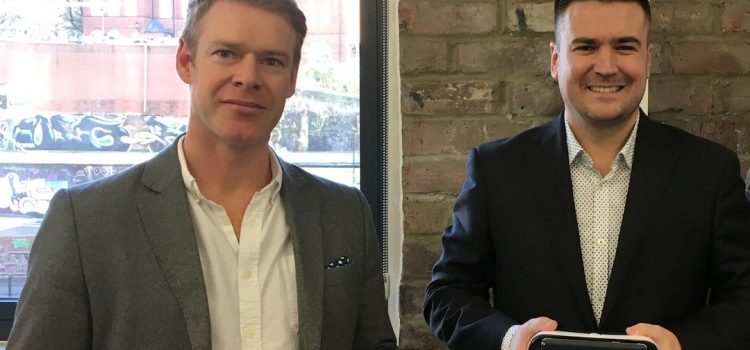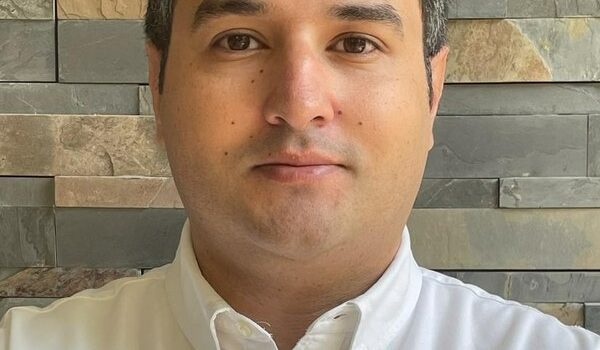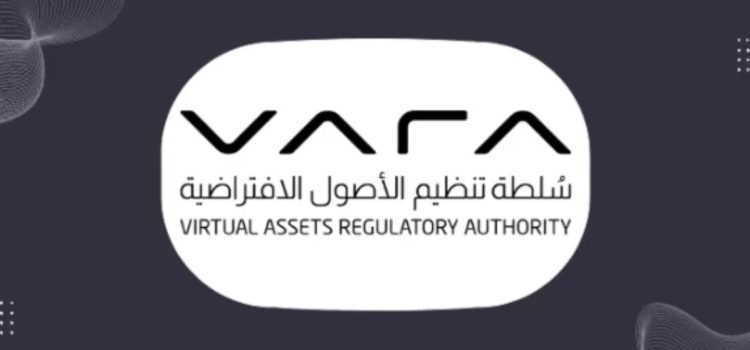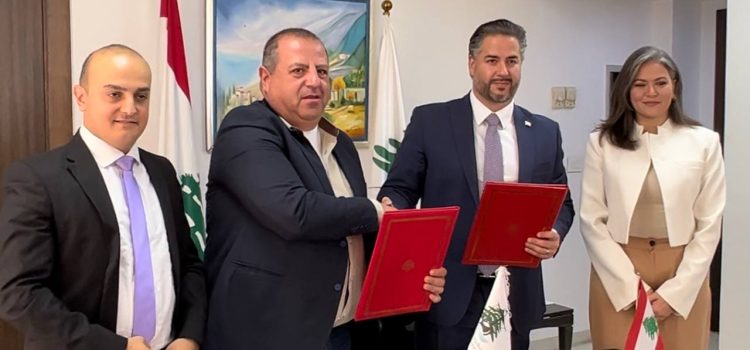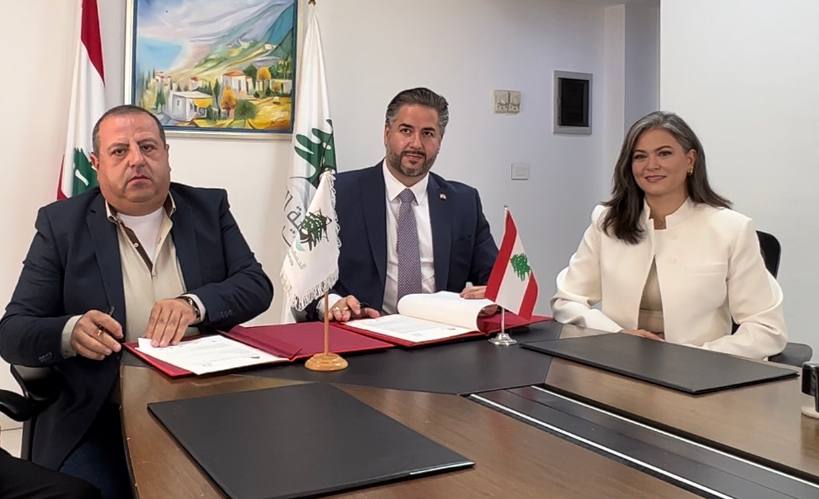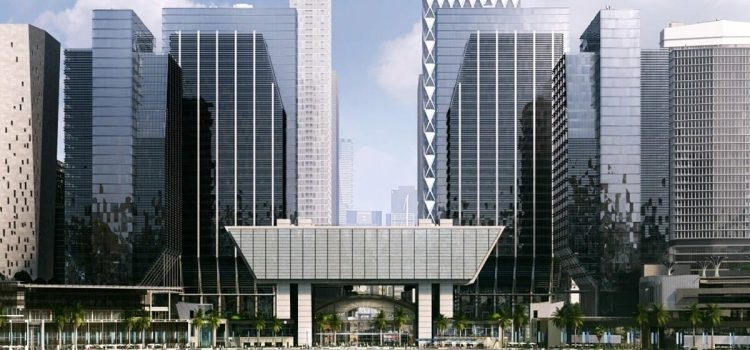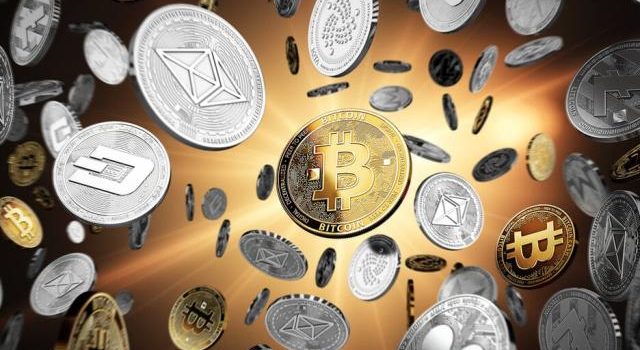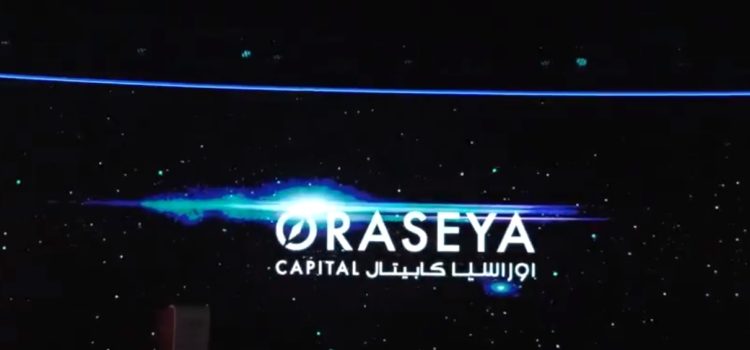
Ripple Blockchain and crypto solutions provider has partnered with Onafriq, fintech payments entity, previously known as MFS Arica to offer digital asset enabled cross border payments in Africa, GCC ( Gulf Cooperation Council) countries as well as UK and Australia.
Onafriq utilizing Ripple payments, will open three new payment corridors between Africa and the rest of the world. In GCC Onafriq will be working with Blockchain enabled Pyyple fintech payments entity.
Antti Arponen, CEO at Pyypl, said: “The success of the GCC in drawing in people from all over the world to live and work here has made it a hub for remittance payments. So we are really pleased that our ever-increasing number of customers seeking to send money to Africa will greatly benefit from our new connection with Onafriq, which will allow them to send remittances quickly and cost-effectively to the continent. ”
The partnership is bringing faster, more efficient, and cost-effective international money transfers to Africa, and is set to accelerate financial inclusion across the continent.
“For a number of years, Ripple has supported crypto-enabled, cross-border payments to individuals and businesses, and we are particularly excited to expand the reach of our solution into Africa thanks to our Onfriq partnership,” said Aaron Sears, SVP, Global Customer Success at Ripple. “Connecting our partners PayAngel, Pyppl and Zazi Transfer with Onafriq over Ripple Payments will bring the benefits of faster and more cost-effective cross-border payments to individuals seeking to send money into Africa from around the globe.”
Onafriq has the largest mobile money movement footprint across Africa at a time when mobile money is a significant driver of financial inclusion and has revolutionized access to financial services across the continent. The fintech’s payment hub connects over 500 million mobile wallets across 40 African countries, and operates across more than 1300 payment corridors on the continent, underpinning regional payment interoperability and seamless cross-border payments.
The announcement is being made as Dare Okoudjou, Founder & CEO of Onafriq, is set to appear at Swell Global 2023, the seventh edition of Ripple’s annual customer conference, which this year takes place in Dubai.
Dare Okoudjou, Founder & CEO at Onafriq, said: “Our mission is to make borders matter less when it comes to payment within, to, and from Africa. We are advancing this mission through our partnership with Ripple, which is already enabling new types of connections with fintechs such as PayAngel, Pyppl and Zazi Transfer. These connections are set to enable fast, secure and low-cost remittances at scale between Africa and the rest of the world, and represent a bold first step for our crypto strategy to leverage blockchain technologies to amplify our impact on people and businesses on the continent.”









